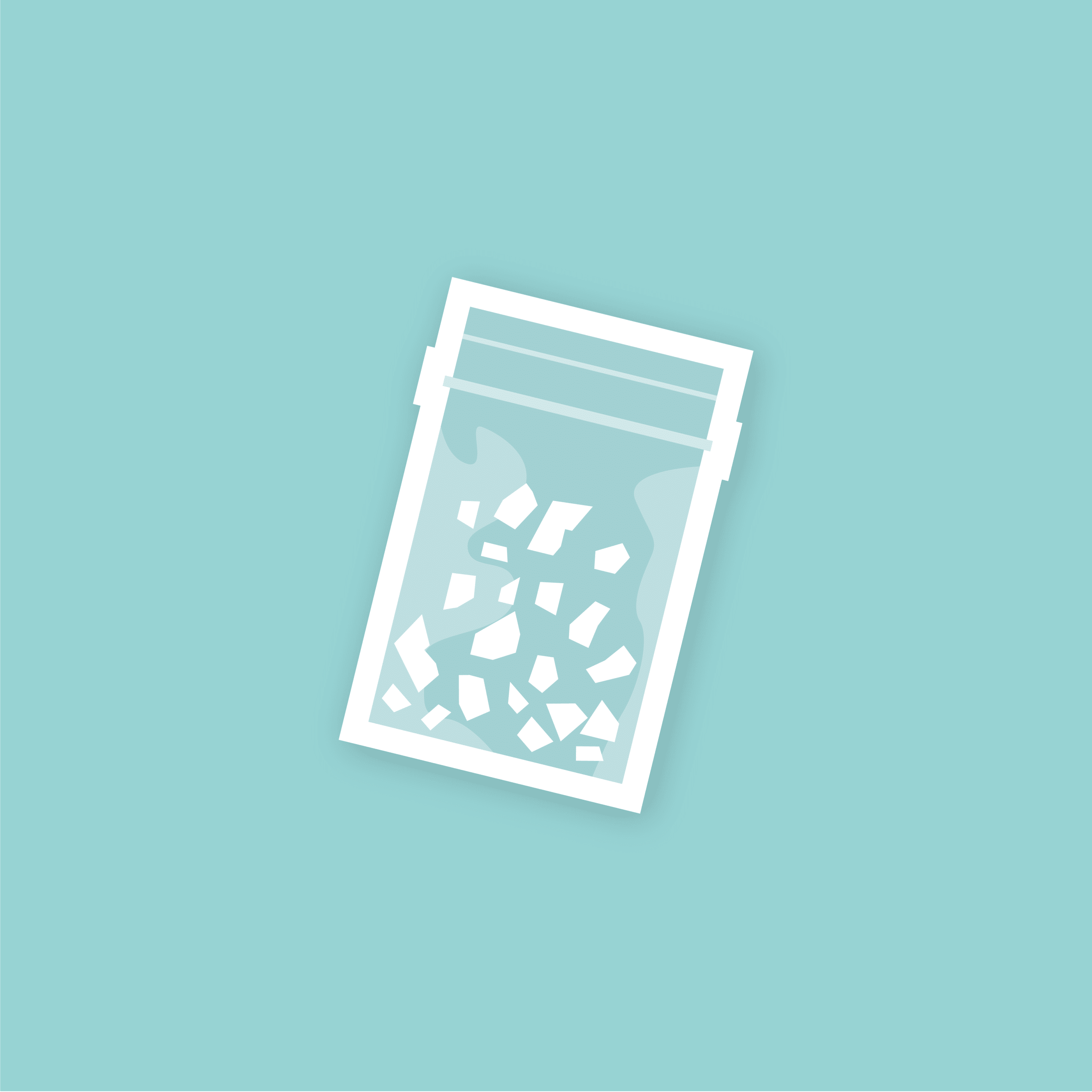MANAGING HYPER-VIGILANCE AND ANXIETY
Being hyper-alert is a normal response to trauma. We can often find that we become more aware of the potential danger around us, and things that previously may not have worried us can feel anxiety-provoking or threatening.
It is your body trying to stay safe and guard against danger. However, it can get in the way of your normal routine. Try to engage in physical activity every day. Trying different things to relax such as watching TV, listening to music or reading can help. Survivors can experience extreme anxiety which may be experienced as physical symptoms, for example, difficulty in breathing, muscle tension, nausea or headaches.
Sometimes this can lead to us avoiding situations or trying to escape from situations that might trigger memories of trauma or cause anxiety. This is a very normal response but can mean that we begin to limit our lives or struggle to engage with the world around us in ways we might previously have done.
When you are feeling like this, it is important to try and remind yourself that you are safe and that you are not back at the time your trauma occurred. Our brains, in an attempt to protect us, will predict that the trauma will occur again or that we might be in danger if we re- enter situations that cause us anxiety.
This often is not true. Try to focus on what is different now. How is your current situation different? What would be different about entering a feared situation now? What could you put in place to make yourself feel safe? Who is around you that could make this experience easier?
It can be important to try and bring your attention to the present moment by focussing on what you can
see, feel, taste, touch or smell right now. This is called grounding. Try bringing your attention to objects, sounds or smells that weren’t connected to the trauma, and try to use this to remind yourself how your current situation is different and safe.
